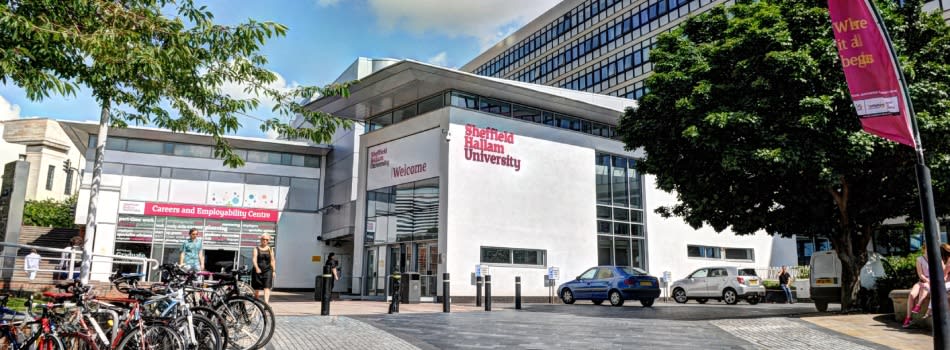A number of immunotherapies are currently approved for the treatment of cancer patients, with several of these aimed at inhibiting Programmed Death Ligand-1 (PD-L1). Immunotherapy has revolutionized the cancer therapy landscape due to the ability to promote durable anti-tumour immune responses in select patients with advanced cancers. Despite this clinical success, some patients have been shown to be unresponsive, hyperprogressive or develop resistance to PD-1/PD-L1-targeted therapy [1]. The exact mechanisms for this are still unclear. PD-L1 binds to its receptor Programmed Death Protein 1 (PD-1) expressed by immune cells to regulate immune responses. However, many tumours hijack this mechanism resulting in an overexpression of PD-L1, which often correlates with poor patient prognosis in a variety of cancer types. Emerging research suggests that tumour intrinsic PD-L1 may be able to signal within tumour cells to promote cancer initiation, metastasis, and resistance to therapy [1]. However, how these signals are conveyed, the impact of these signals on response to therapy and its effect on immune cells within tumours still needs to be investigated.
This project will investigate how the intrinsic role of PD-L1 in breast cancer impacts response to immunotherapy agents and other cancer therapies in 3D immuno-oncology models of cancer. Based within the Biomolecular Sciences Research Centre at Sheffield Hallam University, the successful candidate will work with Dr Rebecca Leyland (Director of Studies), Dr Neil Cross, Dr Nicola Jordan-Mahy and collaborators Dr Mark Williams (Glasgow Caledonian University) and Dr Monica Guzman (Weill-Cornell University, NY).
We are looking for a highly motivated student with a first class or upper second class BSc degree or a MSc degree in cancer immunology, cell biology, or a similar discipline. The successful applicant will have access to state-of-the-art cell culture facilities, two flow cytometer machines, an imaging facility and excellent molecular biology facilities and will also be supported by our collaborator’s laboratories. Cell culture, flow cytometry and gene expression analyses are some of the main techniques that will be used.
Eligibility
Information on entry requirements can be found on our GTA program page
How to apply
We strongly recommend you contact the lead academic, Dr Rebecca Leyland ([Email Address Removed]), to discuss your application.
Please visit our GTA program page for more information on the Graduate teaching assistant program and how to apply. Any questions on the graduate teaching assistant programme requirements can be addressed to the postgraduate research tutor for this area which is Dr Susan Campbell ([Email Address Removed]).
Start date for studentship: October 2022
Interviews are scheduled for: Late June – Early July 2022
For information on how to apply please visit our GTA program page
Your application should be emailed to [Email Address Removed] by the closing date of 31st May 2022.

 Continue with Facebook
Continue with Facebook




